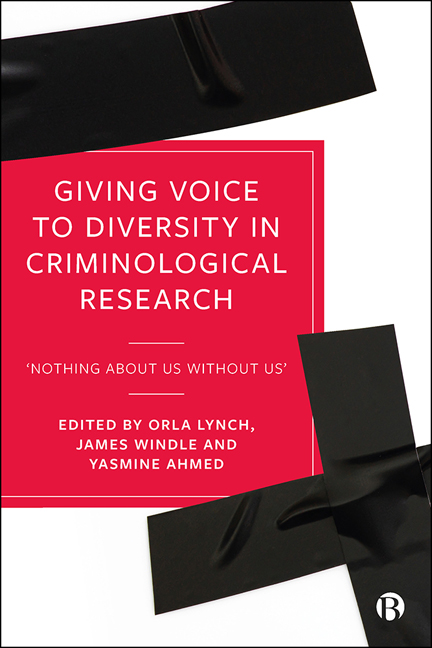11 - Giving Voice to Convicted Perpetrators of Sexual Harm: Assisted Desistance in the Community
Published online by Cambridge University Press: 13 May 2022
Summary
Research in the Republic of Ireland finds the rate of reoffending for sex offenders is low in comparison to other types of criminal offences, which corresponds with international research findings. Nonetheless, there are on average more than 400 people in custody convicted of sexual offences on any given day (Irish Prison Service, 2019) and at the time of writing, 170 sex offenders were under probation supervision in the community following release from custody (Probation Service, 2020). The field of sexual offence prevention and rehabilitation is challenging. Empirical research into desistance from sexual offending is lacking, with even less in the area of assisted desistance, that is, in how individuals are best helped to avoid reoffending. Researchers face challenges in accessing perpetrators in the community and handling highly sensitive data from a vulnerable population (Farmer et al, 2015). Small jurisdictions can heighten these difficulties when different rehabilitation interventions frequently involve a crossover of programme stakeholders. Other challenges in this field include strong public emotion regarding sexual offending, the pressure on politicians and policymakers to respond to public anger, and often inadequate or conflicting evidence for effective interventions (Schmidt & Mann, 2018).
General desistance principles argue that rehabilitative approaches to offending must consider not only thought processes and risk but also the broader issue of reintegration which needs to involve the community (McAlinden, 2011, 2016). It is now recognized at government policy level in Ireland that public alienation drives perpetrators of sexual harm underground and that rehabilitative approaches to sexual offending which do not address wider issues relating to reintegration fail to adequately help offenders or communities and are therefore less likely to prevent further victims (compare Mews et al, 2017). On the contrary, the risk of reoffending can increase when perpetrators of sexual harm leave custody and return to communities who revile and reject them (Brown et al, 2007; Willis et al, 2010). Recognizing this, the Irish Probation Service funds a co-ordinated community-based response comprising three different rehabilitative programmes run by PACE (Prisoners Aid through Community Effort). These programmes, Foothold (a floating support service), Safer Lives (a treatment programme), and CoSA (Circles of Support and Accountability), share the overall aim of preventing the creation of further victims of sexual harm by combining community risk management with assisting perpetrators to desist and reintegrate.
- Type
- Chapter
- Information
- Giving Voice to Diversity in Criminological Research‘Nothing about Us without Us’, pp. 209 - 232Publisher: Bristol University PressPrint publication year: 2021

